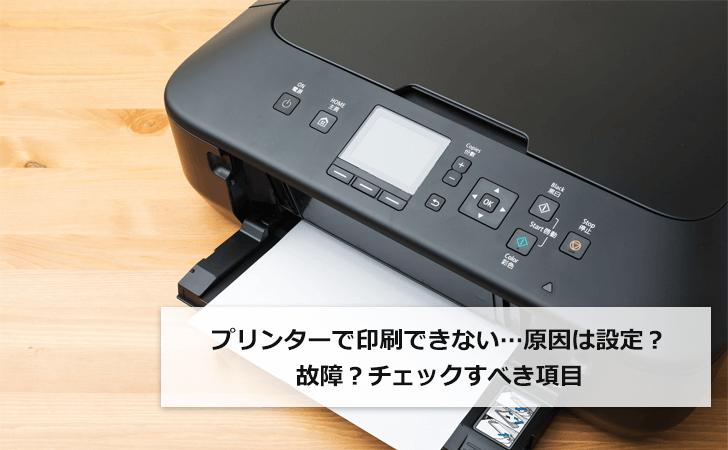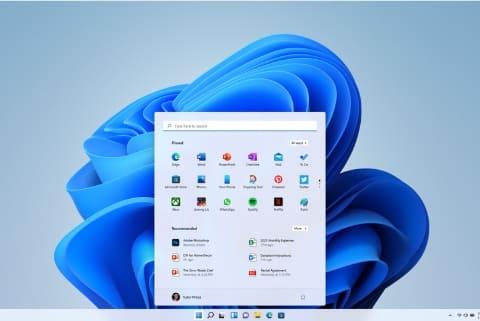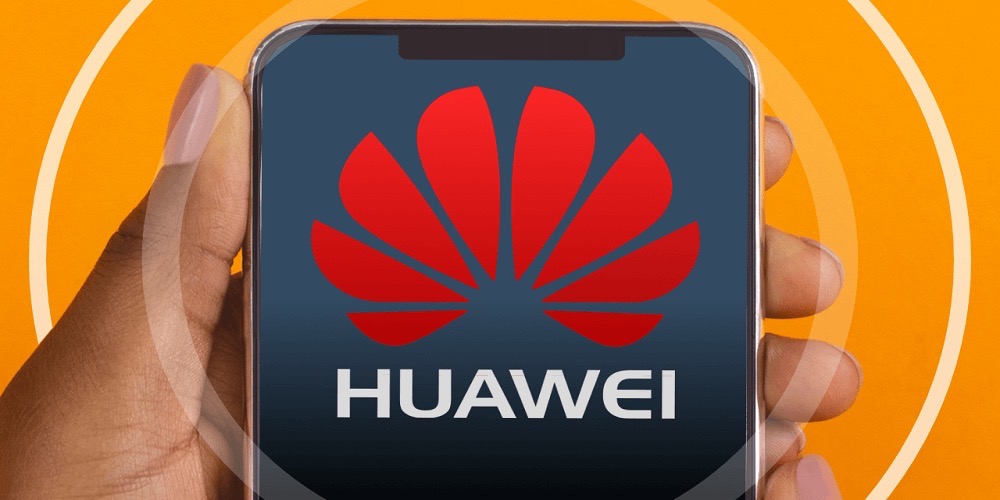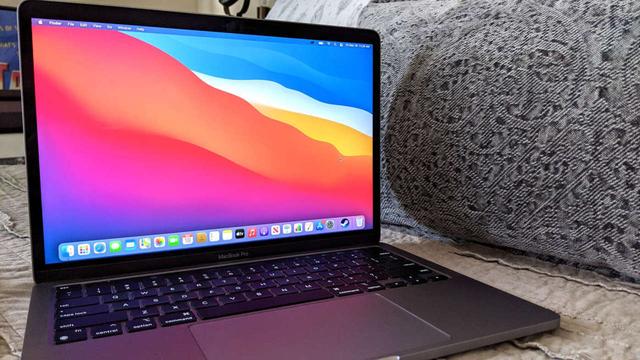McAfee PC and smartphone data are a...
02
05
McAfee PC and smartphone data are also organized, introducing 7 steps
Let's open the window and let in some fresh air. It's spring cleaning time.
Similarly, clean up your digital.
Clean up your cluttered devices, apps, and online accounts, whether your area is actually spring or not. Cleaning will protect your privacy and personal information. Because reducing clutter reduces the chances of hackers picking up and misusing that information.
In fact, we are accumulating a lot of digital information on a daily basis, and we need to organize it from time to time. Let's think about it.
・ Multiple accounts of online shops that you rarely plan to use ・ Member registration of bulletin boards and forums that you no longer browse ・ Many apps and programs that remain on your device ・ Spreadsheets and records from many years ago are unnecessary Old files and photos. There are many, right?
7 steps for spring cleaning
Accumulation of such things not only occupies free space on the device, but can also pose a security risk in some cases. I will tell you how to organize it so that it does not happen.
1. Review your account and delete unused ones
Review where your passwords and usernames are stored, such as bookmarks and password managers. Also, rigorously review the relevant websites and services. If you have an account that you haven't used for a while, log in at the end, delete all your personal information, and disable it. By doing this, you can prevent unnecessary leakage of your email address, user name, and password. Unfortunately, large-scale unauthorized access occurs on a regular basis, and sadly, the site you are using may not be aware that it was being accessed. In the meantime, your name, password, and information associated with that account (such as credit cards) are in the hands of hackers. Reduce the exposure of information. Close your old account.
2. Organize with password manager to improve security
Currently, it is mandatory to create a strong and unique password for each account, but it can be quite difficult considering that all the accounts you use can do it. That's where password managers come in. Use your password manager to create strong and unique passwords. In addition, you can store your password on a secure server that is inaccessible to hackers and criminals.
Also, do not use text documents or spreadsheets to store passwords on your computer or device. In the unlikely event that your device is attacked, lost, or stolen, storing your password in that way is like passing on the key to your digital life.
3. Organize your PC to improve performance (and security)
As a matter of fact, many of us are busy with our daily lives, and I think organizing computers and laptops is well down the list. However, cleaning once a month can help keep your device performing longer. You can feel like using a new computer, especially if you haven't cleaned it for a long time. Read the instructions to improve your PC's performance. Here are some simple steps to improve your PC's performance.
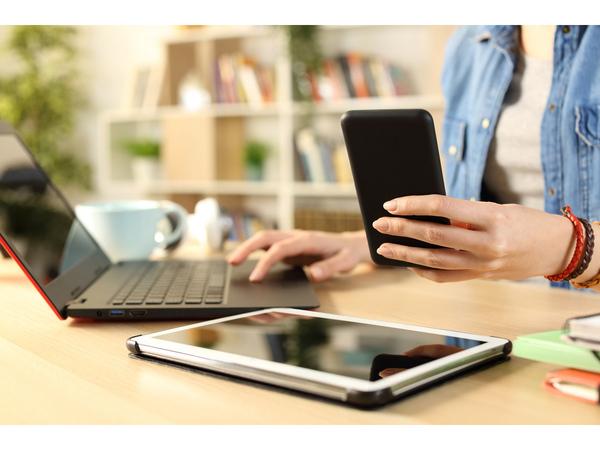
In addition, as part of this process, your OS and applications need to be enhanced with the latest updates. Updates often include security upgrades that not only improve speed and functionality, but also increase security over the long term. If your OS or app has an automatic update function, enable that function and the update will be performed automatically.
4. Organize and save your photos
As for photos, there is data that makes this an article by itself. In fact, it is estimated that around 1.2 trillion photos were taken worldwide in 2018. The photos you shared will definitely be included in this.
But your photos won't be nice, like albums, greeting cards, wall hangings, digital photo frames for your kitchen or living room, they may just occupy your computer or cell phone storage. Besides, spring cleaning is a little fun. Earlier in this article, I've provided tips for organizing your photos, backing them up, and making something special.
5. Delete old apps and related data
Suppose your smartphone has several apps for recording walking, running, and exercising. One of them is no longer used at all. Delete such old and obsolete apps. Before deleting the app, please delete the account related to the app to make sure that all the data, passwords and user IDs stored on your mobile phone are deleted. Follow the same procedure for desktop PCs and laptop PCs. Be aware that your account data may be stored somewhere other than your device. In short, many apps these days are stored and managed by the app provider. Please close your account to prevent data and information from being distributed.
6. Discard old files and encrypt important files
We recommend that you use comprehensive security software for your device. It not only protects you from cyber attacks such as viruses and malware, but also helps protect sensitive information. The security software has the following features:
-File encryption function: You can convert and decrypt the most sensitive files without an encryption key. -Digital file shredder function: Completely delete old files from your computer (just put them in the desktop trash can not completely delete them, they can be easily restored).・ Personal information protection function: Monitors the dark web for personal information that may have been leaked online, and immediately warns if there is a risk of fraud.
7. Disposal of old computers and equipment
Let's dispose of it properly. When you say goodbye to your desktop, laptop, mobile phone or tablet, be environmentally friendly and secure.
Let's think about it. What's in that old hard drive? The old computer may contain a large amount of valuable personal and financial information. The same is true for tablets and mobile phones. The Federal Trade Commission (FTC) in the United States provides easy-to-understand advice in an article about data protection before disposing of your computer. You don't want to throw your old tax returns unprotected into the trash.
There are several options for disposal.
・ Find out how to handle digital devices in your area. There is a service to dispose of and recycle old equipment in a safe way. -Some mobile phone companies not only properly dispose of their equipment, but also offer incentive programs and trade-in services such as subsidies for purchasing new devices. -Finally, consider the option of reusing the device. You can also give it to your family or donate it. Even older equipment can be great and useful for someone else. Again, be sure to protect your old data.
Spring cleaning has a good harvest
There is a harvest that can be obtained by cleaning up. That is the real thrill of spring cleaning. By following these seven lists, you will have a safer and more comfortable digital environment.
Get the latest information
Gathering information from daily news is important. You can also get the latest information on keeping your digital safety, McAfee products, and the latest consumer and mobile security threats on Twitter at @McAfee_Home (US) or @McAfee_JP_Sec (Japan). ) And listen to the podcast Hackable.
* The content of this page has been partially added to the content of the following McAfee Blog updated on April 16, 2021 (US time). Original: Digital Spring Cleaning: Seven Steps for Faster, Safer Devices Author: Judith Bitterli


